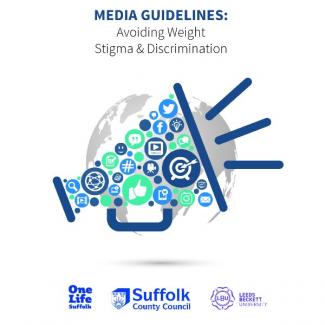Considering the importance of treating obesity to patients, carers, the NHS and the wider society, the ASO (UK) read with interest the article published in PULSE regarding the BMA discussions about the role of QOF in obesity management.
Obesity stigma has well established negative impacts on patients' engagement with the health care system, the doctor-patient relationship, and the patient's health, weight, and mental well-being. Hence, we urge the use of people first language and avoiding stigmatising images (such as headless photos used in this article).
We are disappointed to see stigmatising comments posted in response to this article. Such comments reflect the lack of understanding of the causes and pathogenesis of obesity, the underlying biological, environmental and societal factors and the interactions between the biology and environment and how the persons responses to environmental cues are modulated by their biological factors. Simply blaming people for their obesity does not solve obesity and does not help people living with obesity. If using such stigmatising attitudes and language would help people living with obesity we would have by now addressed the obesity epidemic, considering how common stigmatising language and blame are in the media and the wider society.
People living with obesity (and this is not simply defined based on body mass index) who seek treatment deserve to have access to treatment and receive the treatment and support they need respectfully without prejudice, stigma and blame.
The findings of the Obesity APPG showing that only 26% of people living with obesity reported being treated with dignity and respect by health care professionals when seeking advice or treatment for their obesity, highlights the magnitude of the challenge and the collective efforts needed to address stigma within the health care system to improve the care provided to the patients.




